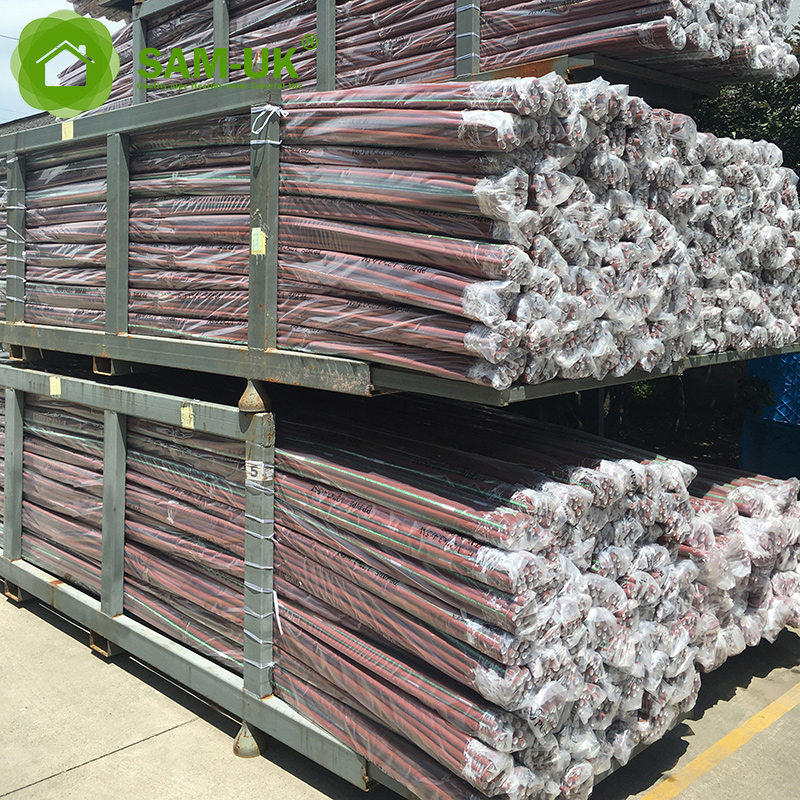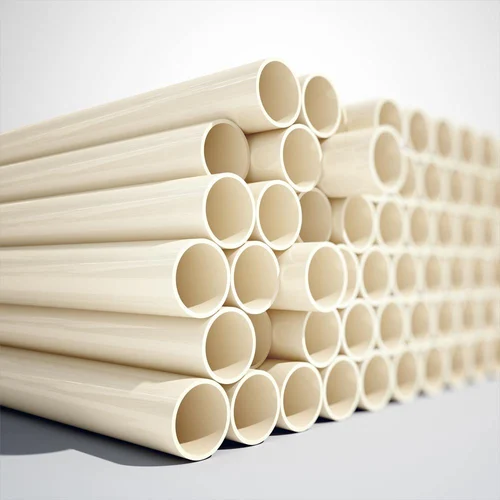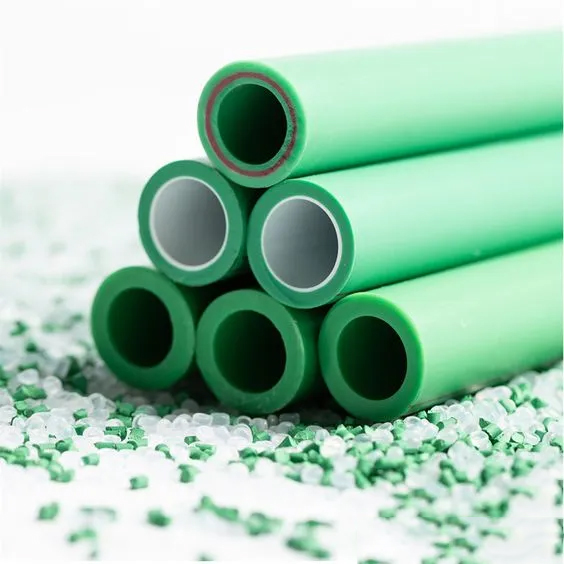Article Introduction
plastic pipes are an environment-friendly option that has an upper hand over the traditional piping system. The plastic pipes consist of low carbon plastic and require minimal resources and less energy in manufacturing. pvc pipes provide an excellent choice for carrying drinking water because they have a great level of inertness and are not prone to corrosion. PVC pipes last long with the smallest amount of maintenance and they are easily recyclable.
The PVC pipes are extensively used because they are eco-friendly, durable, easy to install, resistant to corrosion, light in weight, have a long service life, inexpensive, and extensively accepted by codes.
How to Choose the Right Plastic Pipe Manufacturers?
Inadequate plumbing solutions can lead to leaks and costly repairs. Many struggle to find reliable suppliers, risking project delays. Choosing the right plastic pipe manufacturers can save you time and money—read on to discover how.
Finding the right plastic pipe manufacturers is crucial for ensuring high-quality plumbing solutions. Explore various options to select the best for your project needs.
Curious about the best suppliers? Let’s dive deeper into the world of plastic pipes.

Where can I find good suppliers for PVC pipe products?
Finding reputable suppliers for PVC pipe products involves a combination of online research and industry recommendations. Start by checking online marketplaces like Alibaba or ThomasNet, where you can filter suppliers based on their ratings and reviews. Additionally, industry trade shows and local hardware expos are excellent places to meet manufacturers face-to-face. Networking with contractors and builders can also provide valuable insights into reliable suppliers. Look for those who offer a variety of plastic pipe fittings and have a solid reputation in the market, particularly the largest PVC pipe manufacturers in China, For example, SAM-UK plastic pipe manufacturer known for their quality and affordability.

What is the best brand for PVC pipes and fittings?
Several brands are recognized as leaders in the PVC pipe and fittings industry. Companies like SAM-UK , WT, and JM Eagle consistently rank high for their quality and durability. These brands provide a comprehensive range of products, from standard PVC pipes to specialized fittings, such as CPVC pipe fittings and PPR pipe fittings. When selecting a brand, consider factors like product availability, warranty, and customer service. Consulting reviews and industry experts can also guide you in choosing a brand that meets your specific plumbing needs.

Are plastic pipes better than metal?
Plastic pipes offer several advantages over metal pipes, making them a popular choice for plumbing applications. Firstly, plastic pipes, such as PVC and CPVC, are lightweight, which simplifies installation and reduces transportation costs. They are also resistant to corrosion and scaling, which enhances their lifespan. Additionally, plastic pipes offer better insulation properties, reducing heat loss in hot water systems. However, metal pipes can withstand higher temperatures and pressures, so the choice ultimately depends on the specific requirements of your plumbing system. Assessing the advantages and limitations of both materials is crucial to making an informed decision.

Common Types of Plastic Pipes
1. Polyvinyl Chloride (PVC)
This is the material you’re probably most familiar with, and it serves a number of roles in a household aside from in the plumbing. Most main water lines are made of PVC. It’s not as flexible as some other types of plastic, and because it warps at high temperatures (hotter than 140°F) it isn’t used for hot water lines or in kitchen applications. This type of plastic water pipe will not corrode and features a low heat conductivity.

2. Chlorinated polyvinyl chloride (CPVC)
This is PVC piping that’s gone through chlorination (treatment with chlorine). CPVC is more durable at higher temperatures and pressures than PVC and is common in industrial plumbing. For homes, it’s great for carrying drinking water and handling the hot water lines for which PVC is unsuited. CPVC is more flexible as well. However, it cracks if it freezes, so CPVC isn’t useful for water mains because those pipes must be buried in the ground.

3. Polypropylene Homopolymer(PPH)
The tensile and mechanical strength of Polypropylene Homopolymer are both excellent, but the notched impact strength is lacking. Welding is simple with PPH, and it resists stress cracking. However, at shallow temperatures, PP can become brittle. The working temperature is around 100 degrees Celsius.
As PPH pipes manufacturers, Our company manufacture superior quality PPH Pipe Fittings utilizing premium quality PPH and upgraded technologies by the specified market quality standards. High durability, exceptional tensile strength, resistance to unfavorable weathering conditions, chemical retardant, and other properties distinguish the offered fittings. These fittings are also put through a series of practical tests to guarantee that they are in perfect working order.

4. Polypropylene(PPR)
PPR pipes can be used for Water supply, sewage systems, gas supply (solvent-welded only), heat insulation, cold supply and cooling technology. Placing them underground is also possible due to their chemical resistance. PPR piping is commonly used within plumbing infrastructure for several reasons including its energy efficiency.
Besides that, it has a very long life span. It does not rust or corrode because of the material used, which is why it lasts so long, even when buried underground. The materials needed to build PPR pipes are readily available which makes them cheaper than other pipe materials such as copper.

What is a PVC pipe and a CPVC pipe?
PVC (Polyvinyl Chloride) pipes are widely used for drainage, waste, and vent systems. They are known for their durability, low cost, and resistance to corrosion. CPVC (Chlorinated Polyvinyl Chloride) pipes, on the other hand, are treated to withstand higher temperatures and pressures, making them suitable for hot water applications. Both types of pipes come in various sizes and thicknesses, with PVC pipe fittings and CPVC pipe fittings available to ensure compatibility in plumbing systems. Understanding the differences between PVC pipes and CPVC pipe is essential for selecting the right type for your project.

What are the uses of CPVC PVC and UPVC pipe?
CPVC, PVC, and UPVC (Unplasticized Polyvinyl Chloride) pipes have distinct uses in plumbing and construction. CPVC pipes are primarily used for hot and cold water distribution in residential and commercial settings. PVC pipes are typically used for drainage, sewer systems, and irrigation. UPVC pipes are known for their strength and resistance to chemicals, making them ideal for industrial applications. Each type of pipe has specific fittings, such as PVC pipe fittings and CPVC pipe fittings, to ensure proper installation and function. Choosing the right pipe type depends on the application requirements and environmental conditions.

Conclusion
In conclusion, selecting the right plastic pipe manufacturer is vital for project success. Choosing the right plastic pipe manufacturers can save you time and money,And lead to leaks and expensive repairs.
About SAM-UK
SAM-UK are a professional 18+ years manufacturer in producing vinyl building profile products and PVC , CPVC , PPH , PPR , PP pipes and pipe fittings, valves, taps and so on. We own the certificates of SGS\SONCAP\ISO9001\CE\NSF,support color /size customization. Welcome to consult for Catalog and Product. you can contact us at email [email protected]





